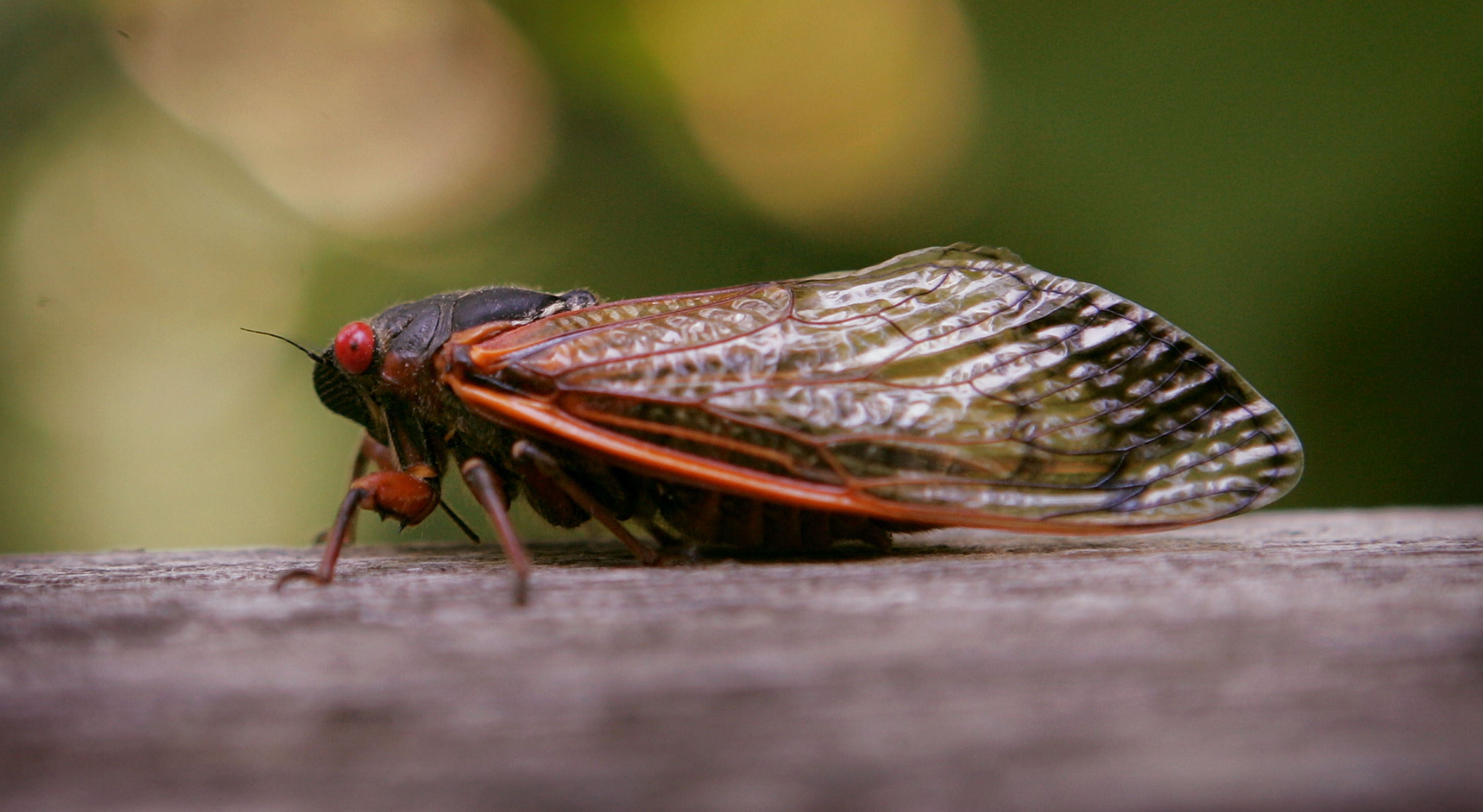On Tuesday, an FDA advisory panel endorsed Pfizer's COVID-19 vaccine for children ages 5-11.
"Today, our message is simple. Get your child and teen vaccinated for both COVID-19 and the flu as soon as possible," said Dr. Frank Belmonte, the chief medical officer at Advocate Children's Hospital.
Speaking at a press conference alongside his colleagues in the Chicagoland Children’s Health Alliance, Dr. Belmonte said his hospital and others have been prepared for weeks to administer vaccines to children.
"We were all notified several weeks ago about the formulation. We all placed orders across all of the networks. We have it available in all the pediatric offices. We’re just waiting for the clearance to actually start giving it," said Dr. Belmonte.
Feeling out of the loop? We'll catch you up on the Chicago news you need to know. Sign up for the weekly Chicago Catch-Up newsletter here.
"Giving vaccines, that’s our jam. That’s what we do in pediatric offices," said Dr. Sharon Robinson.
"We are more than ready," said Robinson, a pediatrician in the NorthShore University Health System. "All we need are those vials, and we are ready to get shots into the arms of these younger children."
The Centers for Disease Control will meet early next week to make a recommendation on the vaccine for children.
Local
If the vaccine is fully approved, pediatricians are encouraging parents to vaccinate children for both the flu and COVID. Since quarantine, masking and social distancing reduced the spread of flu last year, but experts say it's hard to predict what will happen this winter.
"As a result, this flu season could potentially be very serious since last year reduced the population’s chances to build immunity," said Dr. Robinson.
"Ninety percent of those who have severe cases and die are unvaccinated. That’s why in both cases, COVID and the flu, the vaccines are so important in reducing severity and saving lives."
The children's dose of the Pfizer vaccine is the same formula but one-third of the dose given to adults and teenagers. It will still require two shots, three weeks apart.
"Since the dose is smaller for children, there is a different, separate vial to distinguish it, so we give the kids a lower dose," said Dr. Allison Bartlett, a pediatric infectious disease specialist at Comer Children's Hospital.
The FDA panel voted unanimously, with one abstention, Tuesday, that the vaccine’s benefits in preventing COVID-19 in that age group outweigh any potential risks — including a heart-related side effect that's been very rare in teens and young adults despite their use of a much higher shot dose.
While children are at a lower risk of severe COVID-19 than older people, ultimately many panelists decided it's important to give parents the choice to protect their children, especially those at high risk of illness or who live in places where other precautions, like masks in schools, aren't being used.
"According to the CDC, there has been a dramatic increase in COVID-19 in children due to the Delta variant. Over five million children have been diagnosed in the US," said Dr. Belmonte.
"Thousands have now been hospitalized, and over 600 children nationwide have died from what is now a preventable illness."
Pfizer’s study tracked 2,268 children ages 5 to 11 who got two shots three weeks apart of either a placebo or the kid dose. Vaccinated children developed levels of virus-fighting antibodies just as strong as teens and young adults who got the full-strength shots.
The kid dosage also proved safe, with similar or fewer temporary side effects — such as sore arms, fever or achiness — that teens experience. At FDA’s request, Pfizer more recently enrolled another 2,300 youngsters into the study, and preliminary safety data has shown no red flags.
"Clinical trials in children and intense scrutiny have shown that the science is clear. the benefits of vaccine far outweigh the risks of not getting it," said Dr. Bartlett.
In Chicago, 210,448 children living in the city are between 5-11, according to the Chicago Department of Public Health.
Dr. Allison Arwady, the commissioner of CDPH, says the city is set to receive 100,000 child doses next week, which will be distributed to 125 locations city-wide.
"We do expect more availability than we had early on for adults," said Dr. Arwady. "This is not going to be the Hunger Games."



